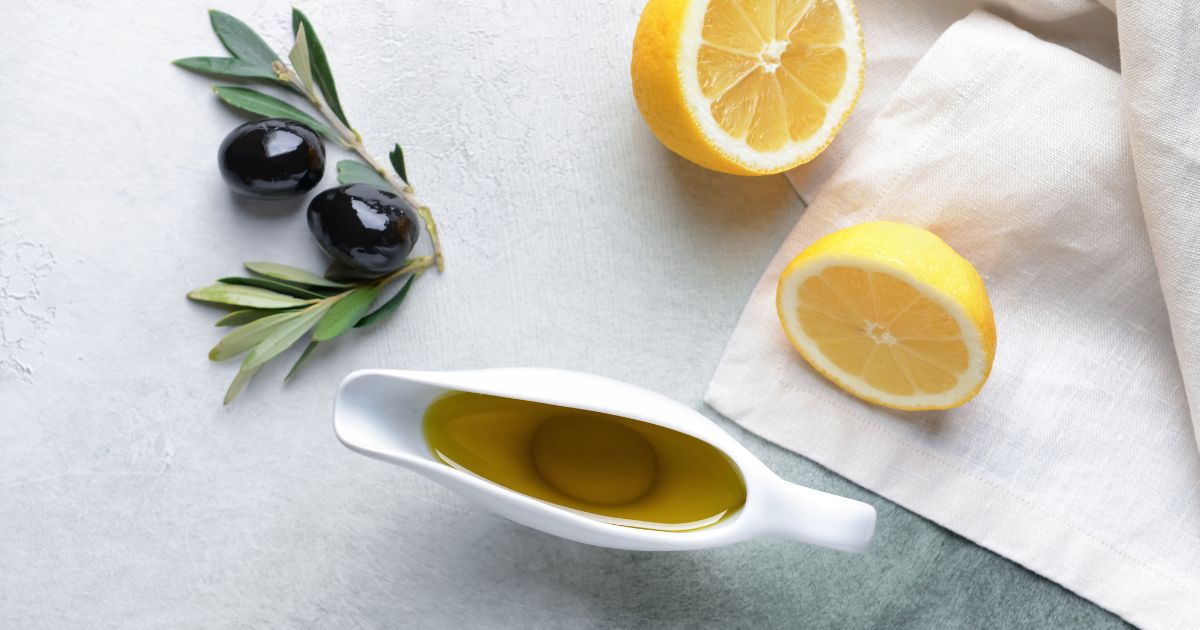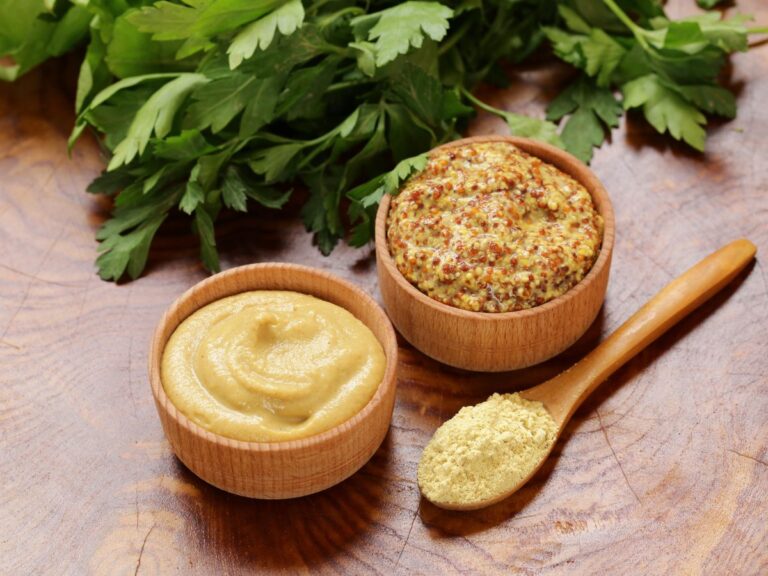Extra Virgin Olive Oil and Lemon Juice: A Sicilian Lemon Olive Oil Remedy
The age-old Myth of Extra Virgin Olive Oil and Lemon Juice will blow your mind. We have all the answers to your questions on the olive oil and lemon rumors circling the trend train on the internet. Let’s uncover the historic Sicilian stories, demystify the myths, and celebrate the benefits of this spectacular duo!
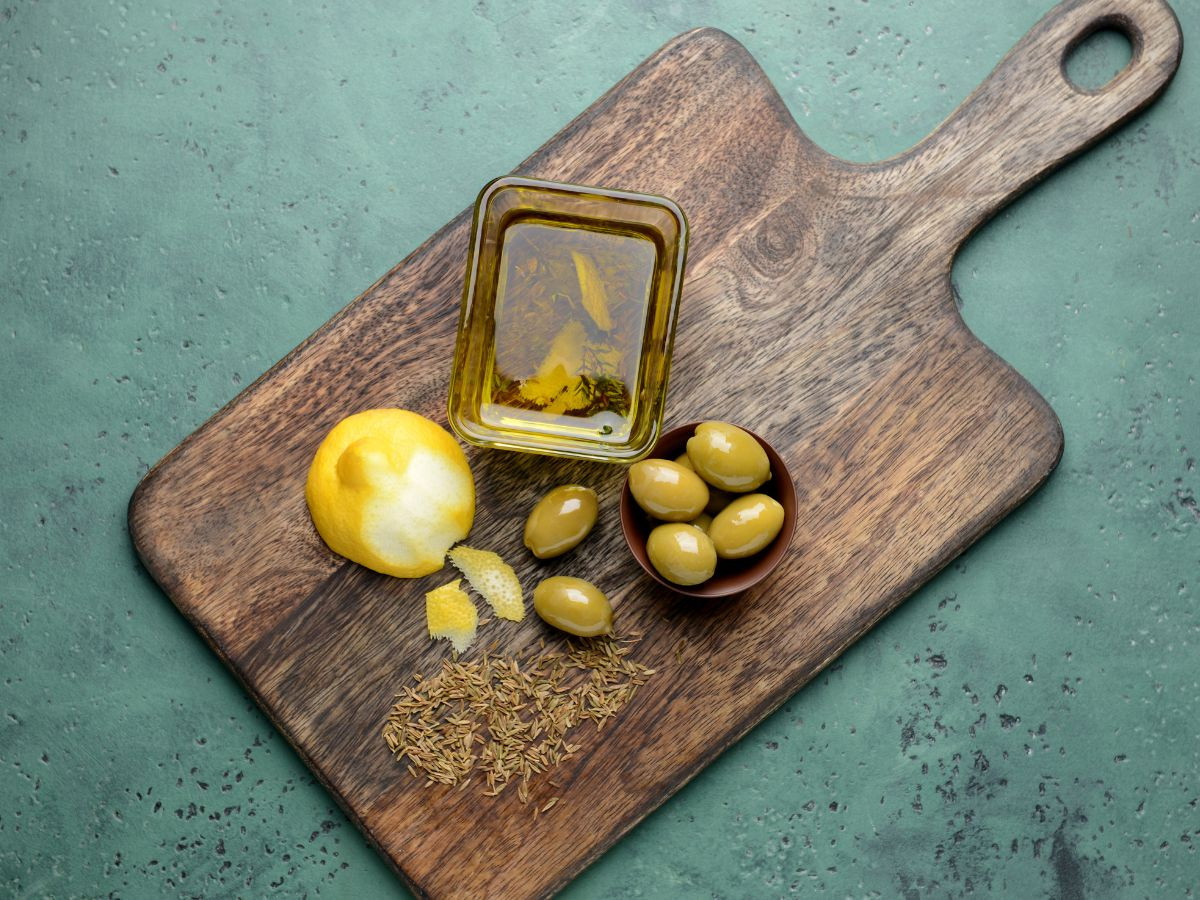
I’m here to talk about a pairing as timeless as it is tantalizing: olive oil and lemon juice.
As a chef who has spent years crafting dishes and satisfying olive cravings with these two ingredients, I’ve come to appreciate their profound impact on the kitchen and our overall health.
Our exploration will take us back to the scenic landscapes of Sicily, where my love affair with olive oil and lemon began.
Their rich history in this region is a tale of lemony, delicious culinary tradition and their evolution in medicinal practices across centuries.
In today’s world, where quality ingredients are just a click away, the convenience and variety offered by olive oil subscription boxes are a fantastic way to experiment with different oils from around the globe.
The myths surrounding olive oil and lemon juice are as abundant as they are fascinating. Let’s sift through these tales, shedding light on the truths backed by science and dispelling the fiction.
Understanding these myths is crucial, as it helps us appreciate these ingredients’ real benefits.
Speaking of benefits, prepare to be amazed by how olive oil and lemon juice enhance our health. We’ll look at their advantages and the combined magic they create. From heart health to weight management to radiant skin, they’re more than mere flavor enhancers in our dishes.
Here’s an intriguing aspect: the potential benefits of olive oil and lemon juice as natural alternatives to Viagra. This section promises to be enlightening, combining age-old beliefs with recent research and highlighting the importance of a holistic health approach.
I’m excited to share the perfect ratio of olive oil to lemon juice, achieving a harmony of flavors that can elevate any dish.
Table of Contents
Historical Background

In the heart of Mediterranean cuisine lies the story of two of the most celebrated ingredients in the culinary world: olive oil and lemon juice. Their tale begins in Sicily’s rustic, sun-drenched landscapes, where food is not just sustenance but a cultural heritage.
Ancient Roots
Olive Oil’s Timeless Legacy: The olive tree, symbolizing peace and wisdom, has been revered since ancient times. Olive oil, often called ‘liquid gold,’ was a culinary staple and a component in religious rituals and medicines.
Lemon’s Journey from East to West: Lemons, originally from Asia, made their way to the Mediterranean through trade routes. The lemon’s tangy zest and refreshing juice quickly became integral to local cuisines and traditional remedies.
Cultural Significance
Sicilian Love Affair: In Sicily, olive oil and lemon are more than ingredients; they are a testament to the island’s history and resilience. These ingredients are deeply embedded in Sicilian cuisine, from simple salads to complex sauces.
A Symbol of Health and Prosperity: Throughout the Mediterranean, these ingredients have been symbols of health, prosperity, and the bounty of the land, revered for their nutritional and medicinal properties.
Medicinal Uses
Olive Oil in Ancient Remedies: Historically, olive oil was used for its healing properties, believed to aid digestion, moisturize skin, and even serve as a base for medicinal ointments.
Lemon Juice as a Health Elixir: Lemon juice was often prescribed for its antibacterial and antiviral qualities, used to treat everything from sore throats to digestive issues.
Evolution Over Time
From Traditional to Modern: While the traditional uses of olive oil and lemon have remained consistent, modern science has begun to uncover the reasons behind their effectiveness, bridging the gap between old wives’ tales and scientific evidence.
The Myths

In culinary and health folklore, olive oil and lemon juice are often shrouded in myths. Let’s separate fact from fiction and set the record straight on these two ingredients
Myth 1: Magical Weight Loss Solution
The Claim: A popular belief is that a concoction of olive oil and lemon juice, people claim, can lead to miraculous weight loss when consumed daily.
The Reality: While both ingredients are healthy, no scientific evidence supports this weight loss claim. Healthy weight loss involves a balanced diet and regular exercise.
Myth 2: Cure-All for Diseases
The Claim: Another common myth is that this combination can cure many diseases, from diabetes and kidney stones to heart disease and cancer.
The Reality: Olive oil and lemon juice have health benefits but are not panacea. It’s important to follow medical advice and treatment for severe health conditions.
Myth 3: Detoxifies the Body
The Claim: Many believe olive oil and lemon juice detoxify the body, flushing out toxins and harmful free radicals.
The Reality: The human body naturally detoxifies through the liver and kidneys. While these ingredients can aid overall health, they do not ‘detoxify’ in the way many think.
Myth 4: Improves Heart Health Overnight
The Claim: Some say adding olive oil and lemon juice to your diet can instantly improve heart support and health benefits.
The Reality: These ingredients are heart-healthy due to their antioxidants and beneficial fats, but they must be part of an overall healthy lifestyle to have a significant impact.
Myth 5: No Potential Risks
The Claim: It’s often thought that olive oil and lemon juice have no risks or side effects because they’re natural.
The Reality: Even natural products can have side effects or interact with medications. It’s important to use them wisely and in moderation.
The Benefits
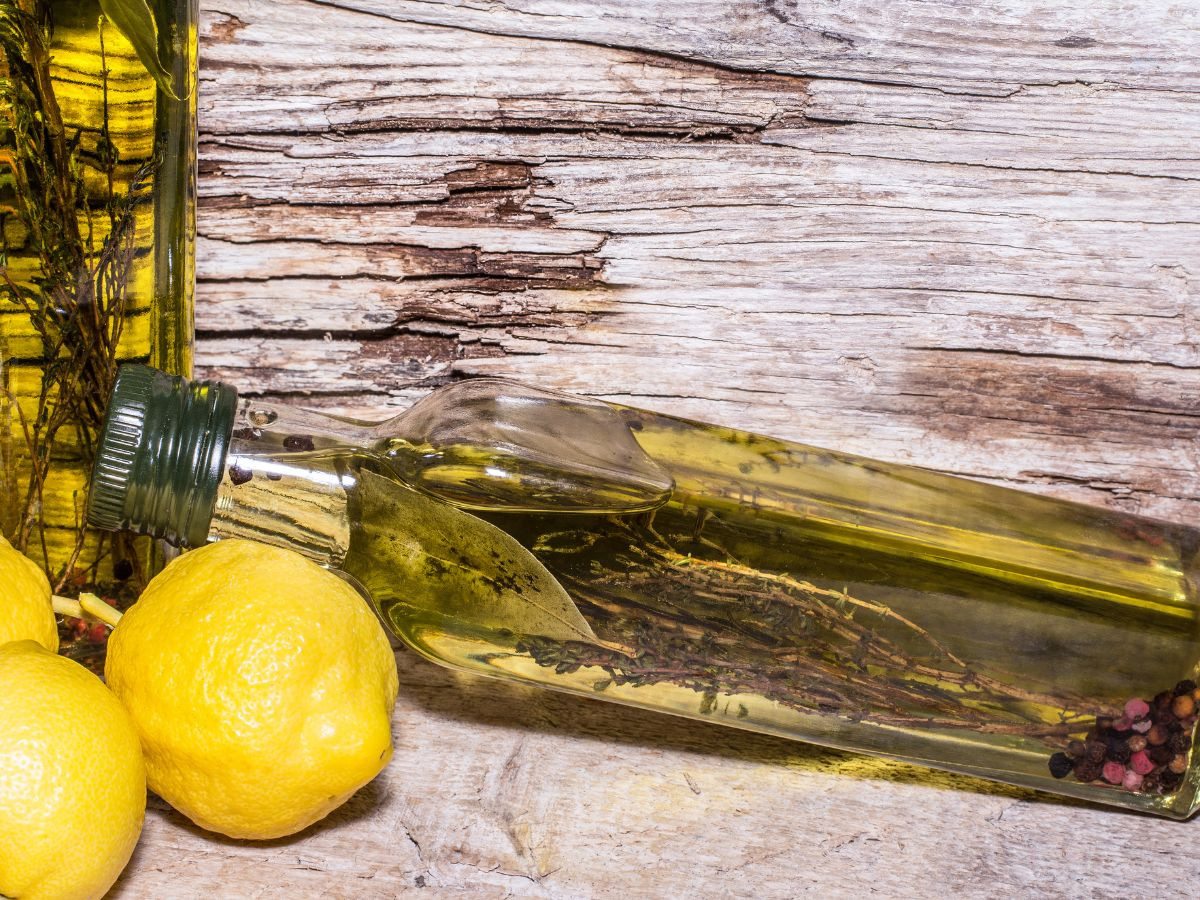
While we’ve busted some myths, it’s equally important to highlight the real benefits of olive oil and lemon juice.
As a chef, I use these ingredients not only for their flavor but also for their health-promoting properties.
Olive Oil: A Liquid Treasure
Heart Health: Rich in monounsaturated fats, olive oil improves heart health by reducing harmful cholesterol levels and increasing good cholesterol.
Anti-Inflammatory Properties: Olive oil contains oleocanthal, which has properties similar to ibuprofen, helping to reduce inflammation.
Skin and Hair Health: The vitamins and antioxidants in olive oil nourish skin and hair.
Lemon Juice: The Zesty Booster
Vitamin C Powerhouse: Lemon juice is an excellent source of vitamin C, crucial for immune system function and skin health.
Digestive Health: The acidity of lemon juice can aid digestion and help balance the body’s pH levels.
Detoxifying Effects: While not a detoxifier in the traditional sense, lemon juice supports liver function and hydration, aiding in overall bodily health.
Synergy of Olive Oil and Lemon Juice
Enhanced Absorption: Combining olive oil with lemon juice can improve the absorption of nutrients, particularly vitamin C and polyphenols.
Complementary Benefits: Their combined anti-inflammatory and antioxidant properties can contribute to a more robust immune system and better overall health.
Incorporation in Daily Diet
Simple Yet Effective: The beauty of consuming olive oil with lemon juice lies in its simplicity. Adding them to salads, marinades, or even a morning elixir can bring a healthful twist to everyday meals.
Diverse Uses: Beyond salads and dressings, these ingredients can be creatively used in baking, grilling, and even homemade skincare remedies.
These ingredients are more than culinary delights; they are potent allies in our quest for a healthier lifestyle.
Their true power lies in their regular, balanced inclusion in our diet, not as miracle cures but as components of a holistic approach to wellness.
Potential Risks

As much as olive oil and lemon juice are celebrated for their health benefits, my responsibility as a chef and food enthusiast is to highlight that even good things come with their cautions.
Understanding these potential risks helps protect us from enjoying these ingredients safely and responsibly.
Olive Oil: Moderation is Key
Caloric Density: Olive oil is high in calories; excessive use of the monounsaturated fatty acids can contribute to weight gain.
Smoke Point Consideration: When used for cooking, it’s important to be aware of its smoke point to avoid harmful compounds that can form at high temperatures.
Lemon Juice: Acidic Awareness
Enamel Erosion: The acidity in lemon juice or lemon peels can erode tooth enamel. It’s advisable to consume it diluted and rinse your mouth afterward.
Gastrointestinal Discomfort: For some, too much lemon juice can lead to digestive issues like heartburn, ulcers, and even kidney stones.
Interactions with Medications
Blood Thinning Effect: Olive oil has natural blood-thinning properties, which could interact with certain medications on an empty stomach, such as warfarin.
Vitamin C Considerations: High doses of vitamin C from lemon juice might interfere with certain medications, including statins and blood pressure medications.
Allergic Reactions
While rare, some individuals might be allergic to citrus or olives, leading to adverse reactions.
Importance of Quality
Choosing the Right Product: The quality of olive oil and lemon juice matters. Low-quality or improperly processed oils and juices may not provide the same health benefits and could contain harmful additives.
The key takeaway is balance and moderation.
These ingredients can be wonderful for our health when used wisely and with a varied and balanced diet.
A Natural Boost for Intimacy

In the realm of natural remedies, olive oil and lemon juice hold a unique place, particularly regarding the sensitive topic of sexual health.
There’s growing interest in these natural ingredients as potential alternatives to pharmaceutical options like Viagra.
Ancient Beliefs and Modern Perspectives
Historical Aphrodisiacs: Across various cultures, both olive oil and lemon have long been considered aphrodisiacs, believed to stimulate desire and improve sexual function.
Contemporary Understanding: Today, this ancient belief is being examined through the lens of modern science.
The Science Behind the Claim
Olive Oil for Circulation: Olive oil is rich in healthy fats, which can improve blood circulation, mirroring some of the benefits of Viagra. Good circulation is key to sexual functioning.
Lemon Juice for Vitality: The high vitamin C content in lemon juice is essential for overall vitality, which plays a role in sexual health. Antioxidants in lemons also contribute to good health, indirectly supporting sexual function.
Why Consider Natural Alternatives?
Holistic Approach: Many people prefer natural options, seeking holistic solutions rather than relying solely on pharmaceuticals.
Overall Health Benefits: These ingredients offer benefits beyond the bedroom, contributing to overall health and well-being.
Incorporating into Daily Diet
Regular Consumption: Integrating olive oil and lemon juice into daily meals can be a delicious way to enhance sexual health potentially.
Recipes for Health and Pleasure: I’ll share some recipes that tantalize the taste buds and incorporate these ingredients for their potential health benefits.
A Word of Caution
Not a Standalone Solution: It’s crucial to remember that these natural remedies are not direct substitutes for medical treatment. Sexual health is complex and may require a multifaceted approach.
Professional Advice is Key: For those experiencing significant issues with sexual health, consulting with a healthcare professional is always recommended.
While they are no magic solution, their inclusion in a balanced diet can be part of a broader strategy for maintaining overall health and vitality, which can positively affect your sexual health.
The Perfect Ratio: Blending Olive Oil and Lemon Juice
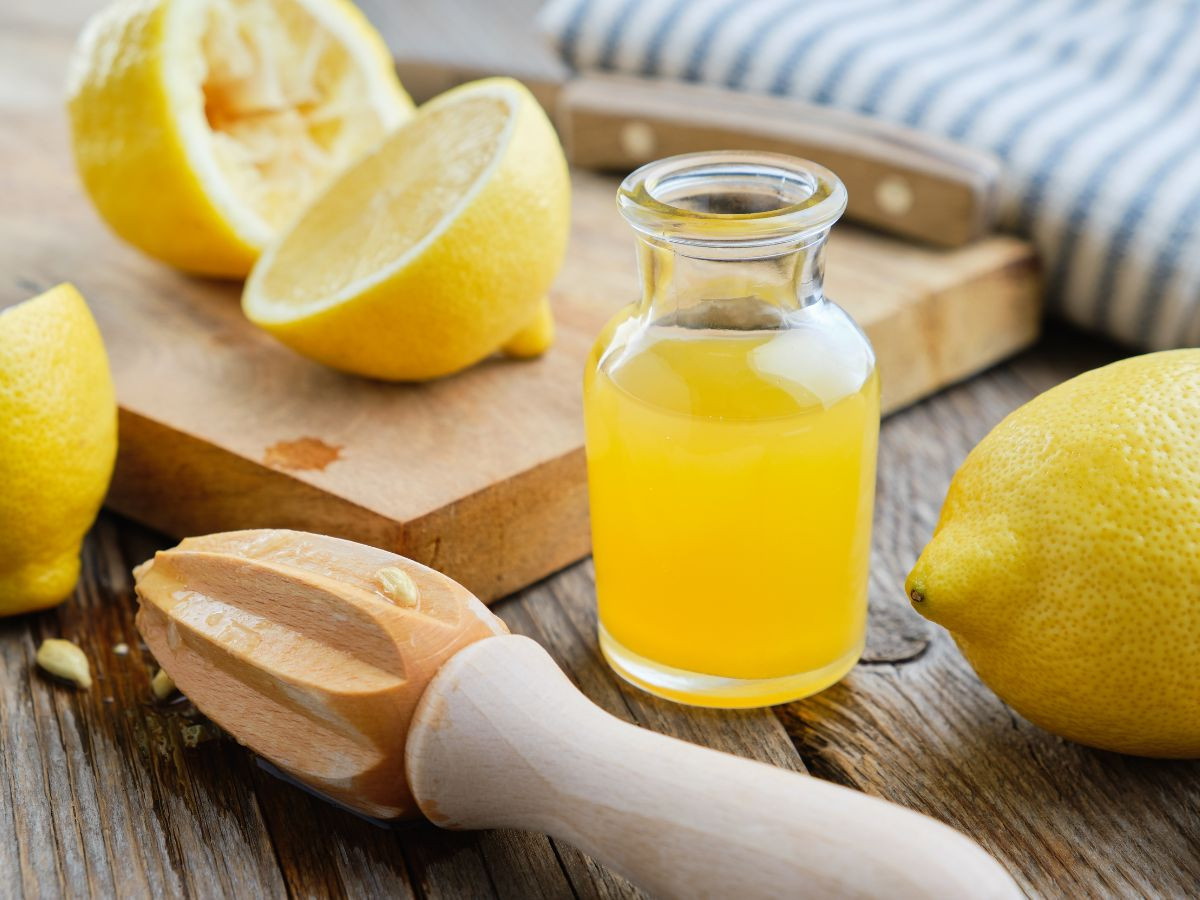
One of the questions I often encounter is finding the ideal ratio when combining olive oil and lemon juice, so let’s break it
Understanding the Ingredients
Olive Oil’s Richness: Extra Virgin Olive oil brings a smooth, velvety texture and a range of flavors, from fruity to peppery.
Lemon Juice’s Freshness: Lemon juice adds a bright, tangy element that can cut through the richness of the oil.
Basic Ratio for Dressings and Marinades
A Starting Point: A classic starting point in salad dressings and marinades is a 3:1 ratio of olive oil to lemon juice. This provides a balanced blend of fat and acidity.
Adjusting to Taste: Personal preference plays a significant role. Some may prefer a tangier flavor, opting for a 2:1 ratio, while others might enjoy a more mellow taste with a 4:1 ratio.
Experimenting with Varieties
Different Types of Olive Oil: Experimenting with various types of olive oil (extra virgin, virgin, light) can alter the flavor profile of your dish.
Lemon Varieties: Likewise, trying different types of lemons (Eureka, Meyer, Lisbon) can bring subtle changes to the acidity and sweetness.
Incorporation in Cooking
Beyond Salads: This ratio is not just for dressings; it’s also great for marinades, sauces, or even a simple drizzle over cooked vegetables and meats.
Heat Consideration: Remember that heating olive oil and lemon juice can change their flavors. It’s often best to add them at the end of cooking to retain their distinct profiles.
Personal Tips and Tricks
Taste as You Go: Tasting as you go is the key to perfecting this blend. Adjust the ratio according to the other ingredients in your dish and your personal flavor preferences.
Pairing with Herbs and Spices: Don’t forget to experiment with herbs and spices. Ingredients like garlic, basil, and black pepper can further enhance the olive oil and lemon juice.
Conclusion

As we wrap up all the gossip about what happens when you combine olive oil and lemon juice, it’s clear that these two ingredients offer much more than just flavor.
From their rich history in Sicilian cuisine to their modern-day uses, olive oil and lemon have proven versatile and beneficial in many ways.
Reflecting on Our Journey
After uncovering the historical significance of extra virgin olive oil and lemon juice in Mediterranean culture.
We’ve sifted through myths, uncovering the truths and debunking health claims and the fiction surrounding these ingredients.
We’ve celebrated the health benefits, acknowledging the scientific evidence supporting their role in heart health, skin care, digestion, and sexual wellness.
Our discussion on the potential risks reminds us of the importance of moderation and balance. These ingredients, like all good things, are best enjoyed responsibly.
I encourage you to continue exploring the wonders of olive oil and lemon juice, whether you’re a professional chef or a home cook. Let them inspire your culinary creations, but also remember to appreciate the history and science behind them.
Olive oil and lemon juice are more than just ingredients; they are a testament to the timeless wisdom of combining simplicity with flavor and tradition with science.
So, the next time you drizzle olive oil over a salad dressing or zest a lemon peel over a dish, remember the journey we’ve shared and the myriad ways these ingredients enrich our lives, both in and out of the kitchen.

